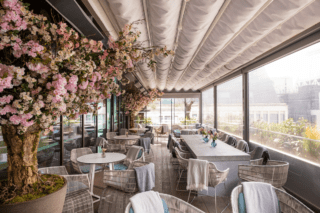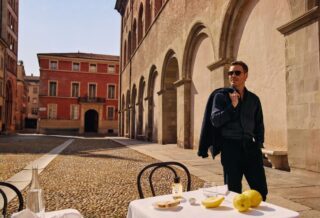This website uses cookies so that we can provide you with the best user experience possible. Cookie information is stored in your browser and performs functions such as recognising you when you return to our website and helping our team to understand which sections of the website you find most interesting and useful.
Freedom for the senses: Little Emperors founder Rebecca Masri on how to combine wellness with luxury
By Rebecca Masri | 21 May 2021 | Travel
When it comes to our holidays, the days of following the crowd are long gone. Should we now prepare to welcome a new world of freedom-focused travel?
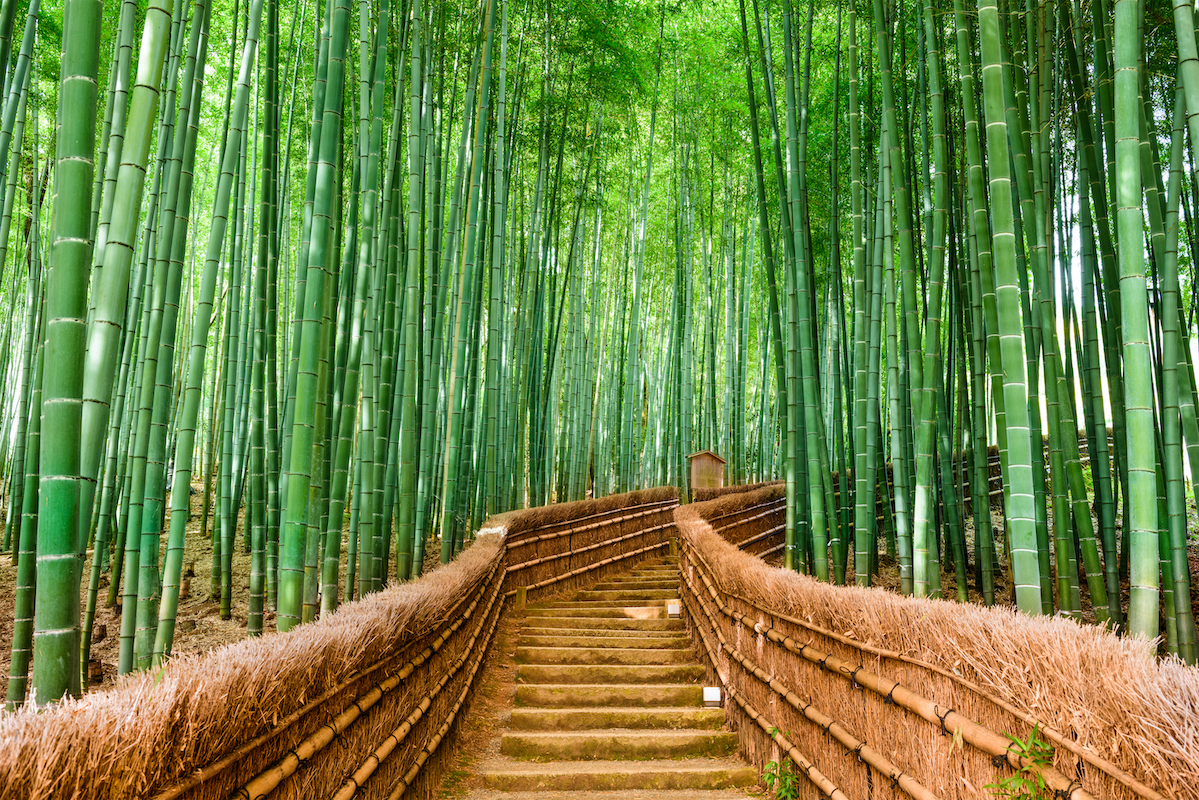
Luxury hotel members’ club Little Emperors was formed in 2008 while I was still working in the banking sector. When the market took a tumble, I saw an opportunity to create partnerships with luxury hotels who were losing a lot of their corporate contracts – partially because people who were traveling on business no longer had the budget or no longer wanted to be perceived as having the budget to travel in luxury hotels. This was coupled with the small- business boom, where many entrepreneurs did not have the volumes within their companies to negotiate corporate rates.
My goal was to create an app-based members’ club that allowed people to use corporate rates that they would not normally have access to. Now 12 years later, through a collective buying power of more than 35,000 app users, we negotiate corporate rates in more than 4,000 hotels around the world as well as providing what we call ‘leisure benefits’ for non-corporate travel.

I remember when I worked in the City, I was going on a business trip to Milan and called our concierge company to book some great restaurants. The concierge booked me into a string of the best, most expensive restaurants in the city, but what they had failed to consider is that I’d never been to Milan before – some nights I just wanted to experience real Italian food in a local restaurant.
It really made me think. Because it wasn’t the concierge’s fault for recommending those establishments, it was my fault for not taking control of my own time or guiding them on my needs. That experience really stayed with me and, when we were creating Little Emperors, I knew we needed to understand our members and their behaviour, and to use that information responsibly to give them exactly what they want in a practical, tactical way.
So, the whole purpose of Little Emperors is providing value in luxury; our members can extend preferred rates or enjoy exclusive upgrades but, equally, our technology allows us to create an extremely personal service for our members, helping curate their experience by being incredibly accurate with our recommendations. Most positively of all, I predict that 2022 will be explosive with the resurgence in travel and events. Here are some of the key travel trends for the post-pandemic boom.

HEALTH IS WEALTH
When it comes to travel trends, the industry has, obviously, been heavily affected by the Covid-19 pandemic. But we have seen that wellness has been paramount, and health-focused bookings have quadrupled in the last few months.
But what does wellness look like in 2021? Initially, a “wellness hotel” might have just had a steam room, but today our members are looking for entire wellness programmes built into their stay – whether that’s detox, fitness, meditation or more. We work quite closely with a hotel in Zurich, the Chenot Palace Weggis, whose 10-day detox program has never been more in demand.
The need for personalised wellness has also been amplified by the pandemic. It’s not luxurious or sanitary to be sweating with 10 other people in a group workout. Instead, hotels need to understand what individual clients are looking for in today’s world. For example, mindfulness remains at the forefront of so many people’s needs, because 2020 forced so many people to look at their mental health needs differently.
Health-focused hotels will have a multitude of meaningful wellness and recovery programmes that focus on inner and outer wellbeing, from highly tailored therapies to treatments with expert instruction.
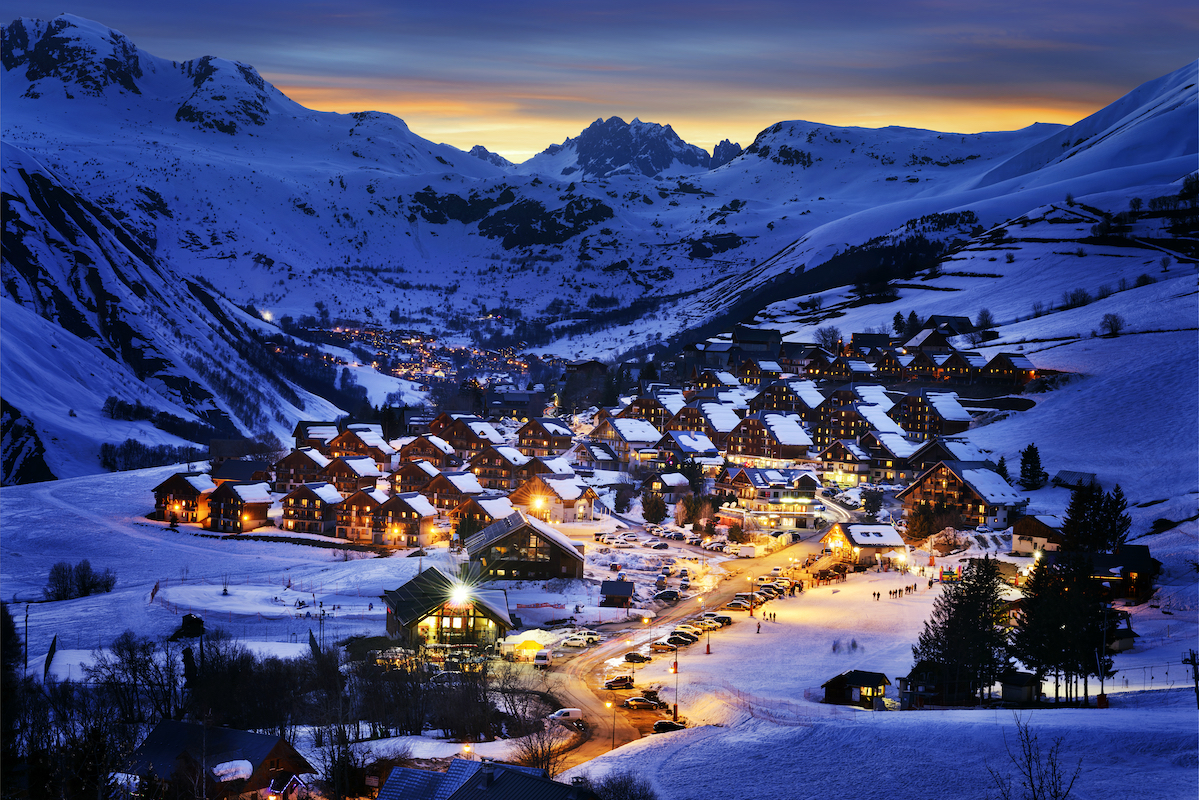
TRENDY AND TRUSTED
When we started the business, we were very focused on signing large hotel brands, creating partnerships with the likes of Four Seasons, Rosewood Hotels and more. Since then, our membership base has proven itself to be a younger, trendy group – between the ages of 30 and 50, entrepreneurs who travel frequently for work – and our hotel partnerships all reflect their requirements.
Today’s travellers want to stay in ‘cool’ hotels, there’s no other word for it. Trendy, design-led hotels – whether new launches like Four Seasons Hotel at the Surf Club, Miami – are far more in demand than traditional Grand Dames.
But although independent boutiques do well, it’s clear that even the most adventurous traveller is keen to book hotels they can trust. Luxury travellers often turn to hotels that fall under trusted umbrellas – such as SLH Design Hotels, or Leading Hotels of the World.
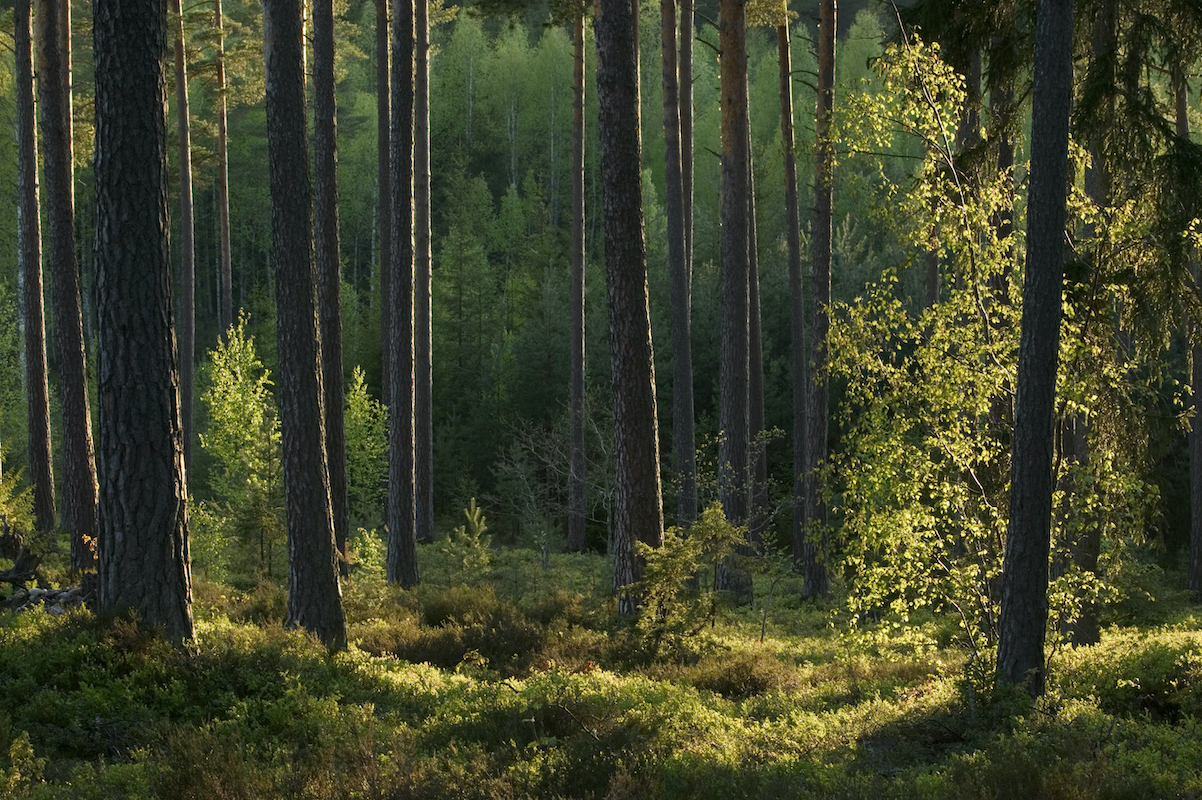
BACK TO NATURE
There is a clear shift towards hotels located in nature, which I believe is strongly connected to the evolving wellness trend. People are craving fresh air; they want to be outside, breathing in the scent of pine rather than pollution.
It’s closely linked to the sense that, for so many people, we have been cooped up during this pandemic. I think we will see a huge trend of programmes really angled towards regaining our freedom – a shift towards nature, local culture – in a way that has never really been relevant to business travel before.
The Japanese tradition of shinrin-yoku, which means ‘forest bathing’, has become incredibly popular all over the world, and really it’s about the health benefits of being in the forest and among trees. That’s very interesting to us as a trend and definitely something we would look for in hotels looking to attract corporate travellers. Are the hotels near areas in which people can hike? Is there a running trail nearby, or a remote rural area such as woodland?
This is something we’re bound to see more of as we head towards 2022; luxury no longer means great service, hygiene, design, location. It also means fresh air, freedom to roam and space to breathe.
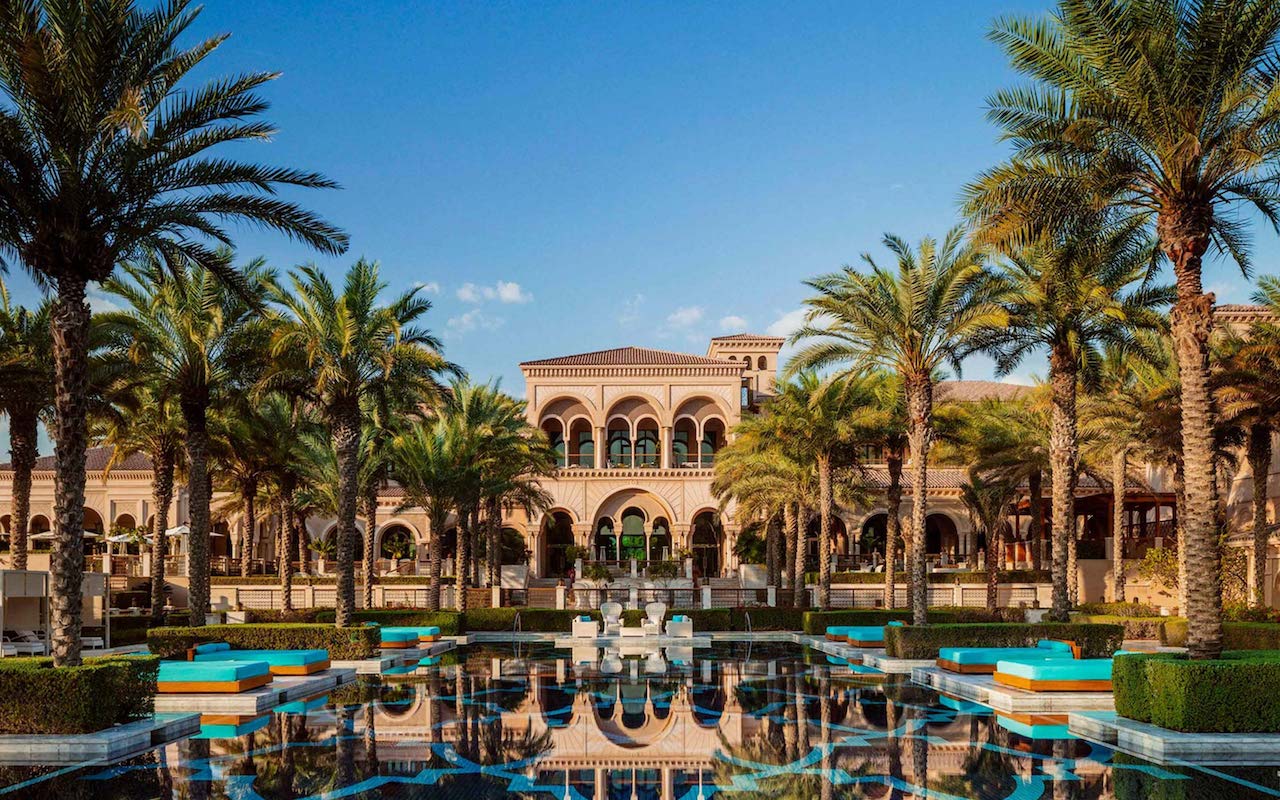
WORK FROM ANYWHERE
Another interesting trend that has come out of the pandemic is the blurred line between home and work, and the increased ability to work remotely. With remote infrastructure better supported than ever, I believe the line between corporate and leisure travel will get thinner. Although people may not be travelling for business, they may be travelling and working as they do.
This could open up a lot of opportunities in travel and revise the way hotels approach corporate offerings. For instance, people could head to the Alps and work from there. This is supported by what we saw in bookings in 2020, where the average length of stay in a hotel increased significantly, with trips
lasting at least 10 nights – double that of 2019. That’s because, last summer, people didn’t have an office to come back to. They were able to go away by themselves or with their families and continue their work with no obligation to be home. I think we will see this trend continue, particularly as multi- generational trips become more popular over the next 12 months and those who perhaps missed their honeymoons want to extend trips.
What is sure is that the future of luxury travel will be highly personalised, tailored to individual needs – and provide the freedom that was lost in 2020.





